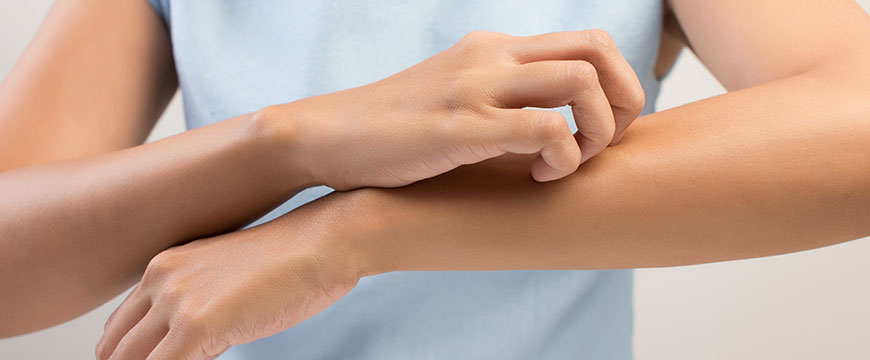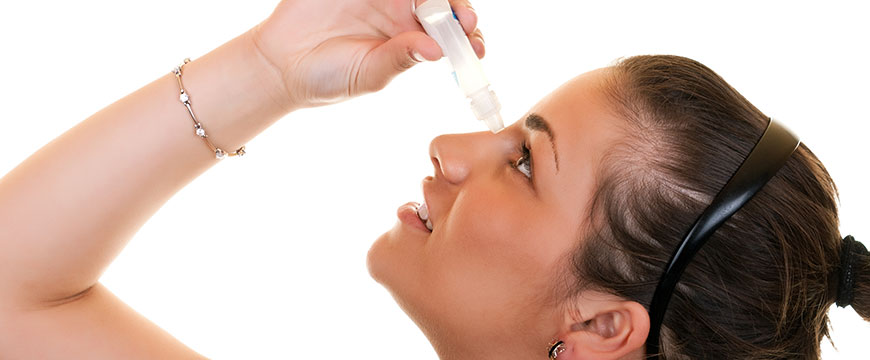According to statistics 30% of adults and 40% of children have allergies. Allergies result when your body comes into contact with allergens and reacts resulting in the production of histamines. The production of histamines causes one to itch, have watery eyes and other allergy symptoms. Allergens can be found in food, in the air, in your house, and in your clothes. It’s important that you visit the allergy physician for a diagnosis of what is causing your allergies. In this post, we educate you on what causes allergies and how to avoid allergens.
Causes of Allergies
Allergies can run in families and they may be inherited. If any member of your family has allergies, you are likely to suffer from allergies. Below is a list of substances that may cause allergies;
- Dust and dust mites
- Pollen and moulds
- Pet Dander
- Certain foods such eggs, nuts or shellfish
- Certain medications such as penicillin
- Some plants may cause allergies
Signs and symptoms of an allergy
The sign of allergy can be mild or severe. If you come into contact with an allergen your symptoms may become mild and then severe. If you notice any of the below signs, visit the allergy clinic and let the allergy specialist check you to avoid any severe symptoms. If you know what is causing the symptoms, avoid the allergen.
- Itchy red spot on your skin
- Itching and nasal congestion
- Rashes and a feeling of scratching on the throat
- Watery eyes.
- Severe allergies will cause the below symptoms
- Severe abdominal pain or cramping
- Tight chest
- Diarrhoea
You will find it difficult to swallow and feel dizzy
- Nausea and vomiting
- Anxiety and high heart beat rate
- Swollen face and feeling weak
- Wheezing and breathing difficulties
- Causes unconsciousness
Allergies can become severe within a short time and it’s important that you visit the allergy doctor for a diagnosis. Severe allergies are known as anaphylaxis and it’s life-threatening. It results in the below symptoms
- Swollen airways and inability to breathe
- The sudden drop in blood pressure
If you experience the above symptoms, ensure that you visit an allergy specialist as they can be fatal
Allergy Testing
The allergy physician will begin by asking you questions on your allergy history. The allergy specialist may request that you keep track of the allergy symptoms by documenting. Below the most common allergy test that an allergist will carry out.
- Skin test which involves placing the allergens on the skin and gauging the reaction. The allergen may be placed in the skin, pricked under the skin or injected into the skin. A skin test will help diagnose
Food allergies such as peanuts
Pollen and mould allergy
Bites allergy such as mosquito bites
Medicine allergy such as penicillin
- Challenge testing is used to test for food allergies It involves removing certain foods from your diet and checking whether there are any signs and symptoms. That is done until the food causing the allergy is identified
- A blood test is carried out to check whether there are any antibodies produced to fight allergens. A blood test is recommended when skin testing is not effective
Treatment of Allergy
If you are experiencing mild allergies and you know the cause of the allergies, then you can avoid the allergen and use home remedies to clear off the symptoms. If you experience severe allergy its critical that you see an allergy doctor immediately for allergy testing and medication. The allergy specialist will prescribe antihistamines to help ease the allergies and also advice you on how best to minimize the chances of coming into contact with allergens. If you or a member of your family suffers from severe cases of allergies it’s wise to ensure that they have their medication at all times. If your child has allergies, make sure the caregiver knows how to take care of the child.
Conclusion
Preventive measures will ease your allergies. The allergy doctor will advise you on home remedies that will help ease your allergies. Simple procedures such as keeping your doors locked when the pollen count is high, will reduce the chances of an allergy. It’s important that you identify what causes your allergies and avoid the allergen. Visit the allergy clinic if you experience any severe symptoms and let the allergist Manassas diagnose you.








